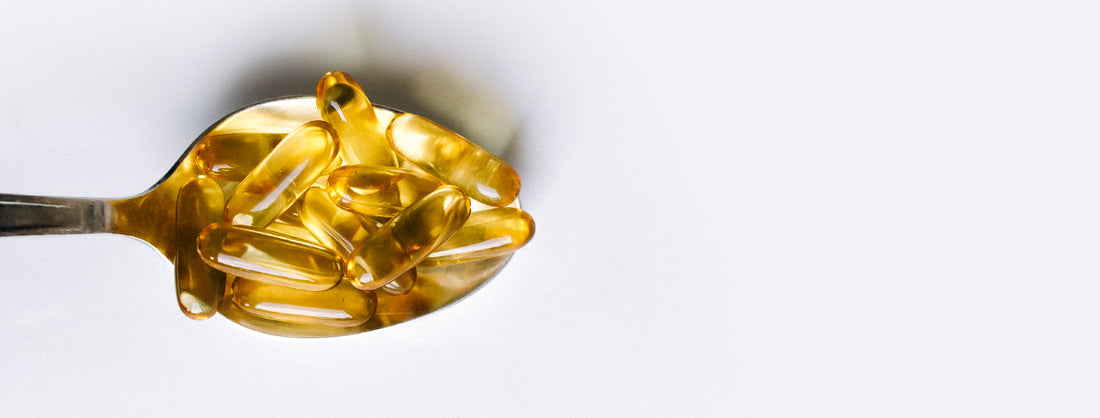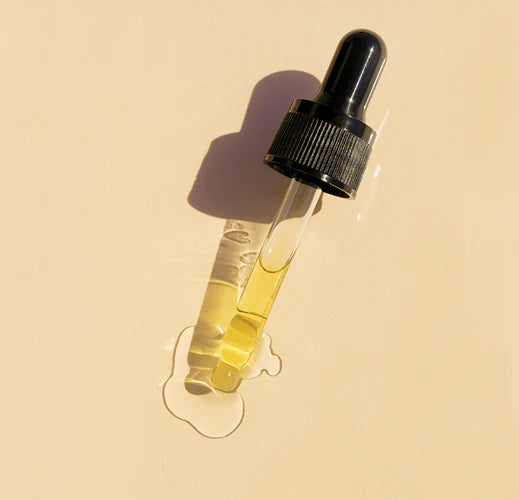Essential Fatty Acids (EFAs) or Omegas are necessary fats that humans cannot synthesize, and must be obtained through diet. They are long-chain polyunsaturated fatty acids derived from linolenic, linoleic, and oleic acids. There are two families of EFAs: Omega-3 and Omega-6. Omega-9 is necessary yet "non-essential" because the body can manufacture a modest amount on its own, provided essential EFAs are present. Omega-3 fatty acids are derived from Linolenic Acid, Omega-6 from Linoleic Acid, and Omega-9 from Oleic Acid.
EFAs support the cardiovascular, reproductive, immune, and nervous systems. The human body needs EFAs to manufacture and repair cell membranes, enabling the cells to obtain optimum nutrition and expel harmful waste products. A primary function of EFAs is the production of prostaglandins, which regulate body functions such as heart rate, blood pressure, blood clotting, fertility, conception, and play a role in immune function by regulating inflammation and encouraging the body to fight infection.
Omega-3s are used in the formation of cell walls, making them supple and flexible, and improving circulation and oxygen uptake with proper red blood cell flexibility and function. Some Omega-6s can help improve diabetic neuropathy, rheumatoid arthritis, PMS, skin disorders (e.g. psoriasis and eczema), and aid in cancer treatment. Omega-9 is not technically an EFA but is reputed to be effective in lowering heart attack risk and hardening of the arteries.
EFA deficiency is common throughout the world, particularly Omega-3 deficiency. An ideal intake ratio of Omega-6 to Omega-3 fatty acids is between 1:1 and 4:1, with most people only obtaining a ratio between 10:1 and 25:1.
The essential fatty acids are a vital part of every cell in the body. With regard to their application in skin care products, they are a necessary component of the fluid lipid film coating the skin's surface. This film maintains moisture, softness and elasticity in the skin as well as providing a protective barrier against the entry of disease-causing organisms and harmful bacteria.
The body's normal secretion of essential fatty acids decreases with age, leaving a less moist and emollient skin, characteristic of most ageing skin. So we need to ensure that our skin retains the necessary level of Omegas-3,-6 & 9 so as to keep our EFA levels highs as our skin ages, and this can be done both through diet and supplements and feeding the skin directly. Topical application of EFAs has the added benefit of actually adding moisture and hydration, and these natural constituents become well absorbed into the epidermal and dermal layers of tissue. Assimilation is greatly enhanced when the skin has first been exfoliated.




